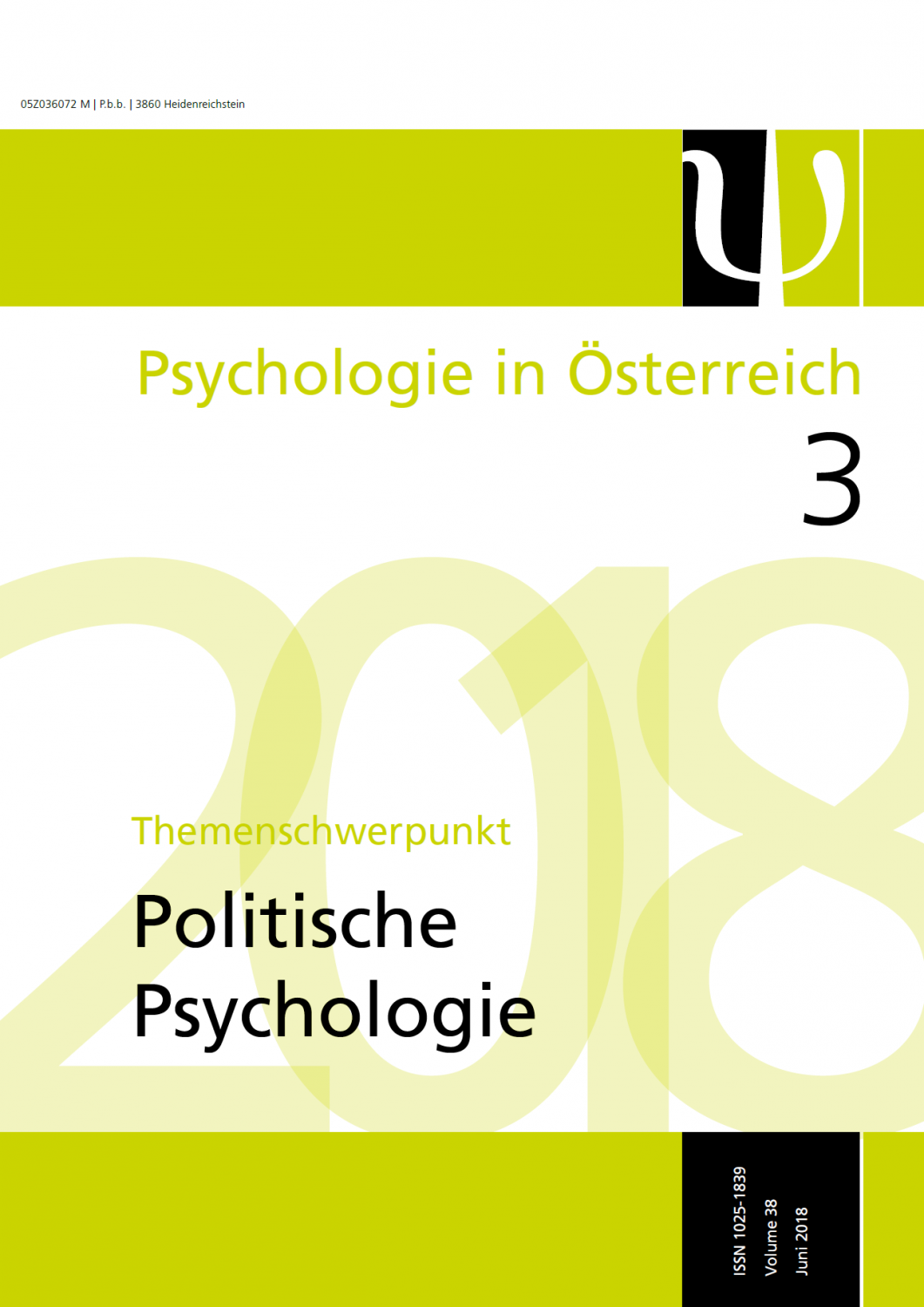Violent extremism and terrorism have been common throughout history, as have been questions and discussions regarding their root causes. This article argues that our limited understanding of the phenomenon stems from a neglect of appropriate methodological considerations, and it makes the case for drawing on historical and depth psychology approaches.
Violent extremism and terrorism have been common throughout history, as have been questions and discussions regarding their root causes. This article argues that our limited understanding of the phenomenon stems from a neglect of appropriate methodological considerations. An overemphasis on socio-empirical research over the past four decades has led to an incomplete understanding based on predominantly descriptive results. Psychodynamics tend not to be considered, despite being indispensable for preventative work in the field. Not only is ignorance in the field a prevalent symptom of this methodological shortcoming, law enforcement like the police, the judicial system, and military forces also act in a manner of Ultima Ratio as a direct result. Based on a consideration of forty years of research in the field, I will point to a pervasive structural problem: that scholars have drawn chiefly on research methods from criminology and sociology has led to an abundance of descriptive and categorial findings, whereas psychodynamic and historical approaches consequently have been overlooked. This article highlights these shortcomings and makes the case for drawing on historical and depth psychology approaches.



